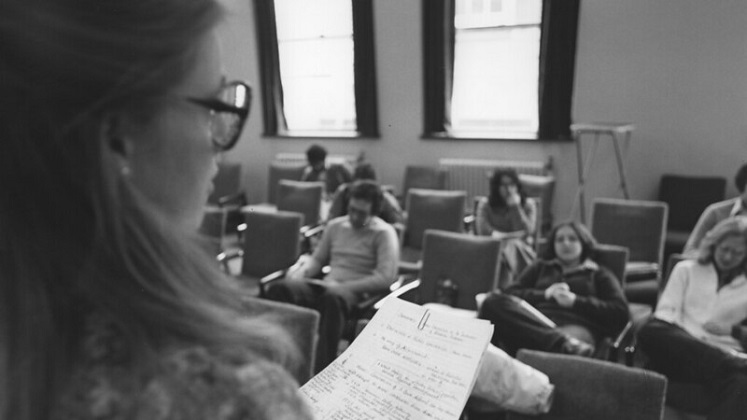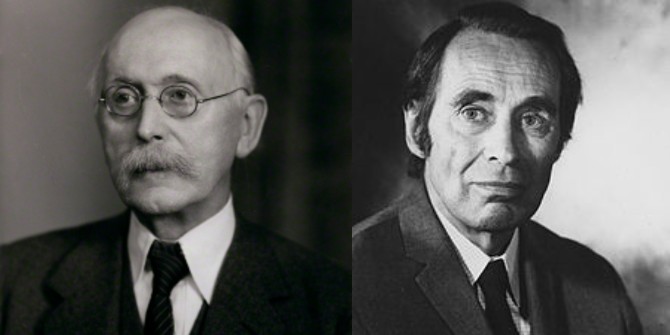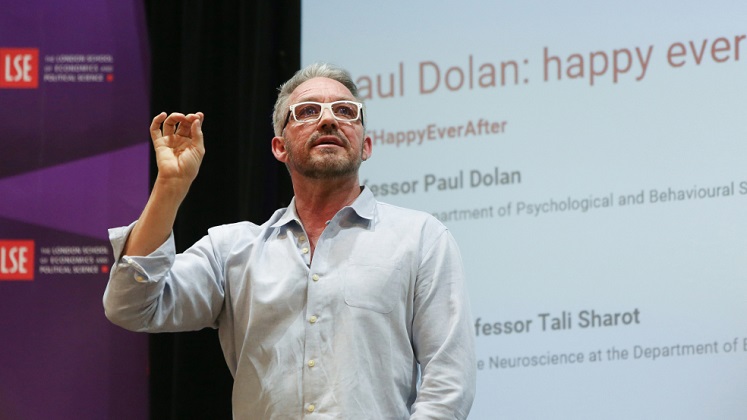On the recent 15th anniversary of the founding of the Grantham Research Institute on Climate Change and the Environment at LSE, Professor Lord Nicholas Stern (Chair of the Institute) outlines three major global challenges we currently face: the climate crisis, biodiversity loss and environmental degradation. He and Professor Elizabeth Robinson (Director of the Institute) explain some of the pioneering ways in which they are seeking to confront these challenges.
Humanity has a critical opportunity now, and over the coming decade, to create a more sustainable, inclusive and resilient world. – Professor Lord Nicholas Stern, Chair of the Grantham Research Institute
Transcript:
Nick Stern: Humanity has a critical opportunity now, and over the coming decade, to create a more sustainable, inclusive and resilient world where we meet the needs of the present generation without compromising the ability of future generations to meet their needs.
To do this we have to confront three major global challenges, in the context of the battle against world poverty and of the difficulties of the consequences of war and post-COVID recovery.
First is the climate crisis. Rising emissions from human activities are warming our world. We are already experiencing the impacts and without strong actions there could be catastrophic consequences.
Second is biodiversity loss. Habitat destruction and climate change mean we are now facing an era of extinction that will greatly diminish the planet.
Third is environmental degradation. Pollution, waste and changing land use are causing damage that threatens all life on earth. Including human society.
These problems are daunting. But they are not insurmountable. At the Grantham Research Institute on Climate Change and Environment, at the London School of Economics and Political Science, we have been pioneering efforts to find practical ways forward since we were founded in 2008.
Elizabeth Robinson: Creating this sustainable future requires new and innovative ways of thinking and doing. Fundamental changes are needed to our social, economic and political systems, and the Institute is uniquely positioned to increase understanding of how we can do this.
We bring together world class expertise from disciplines that range from economics to law, finance, geography and international development. And we combine academic excellence with astute policy insight that is evidence-based, independent and trustworthy.
This enables us to work with decision-makers in government, business and the third sector, in low and higher income countries, providing the nuance to get clear-sighted information that is needed to design and to implement policies that can drive a systemic transition to a sustainable future.
Whether this is contributing to the design of better environmental policy, to accelerate the move away from fossil fuels towards low carbon energy, working with local communities to reduce the impacts of extreme heat on health, or engaging with the financial sector so that we can direct finance from activities that degrade nature towards those that protect and enhance it.
Nick Stern: Our international reach and connectivity mean that we work with institutions and countries that are key to tackling these global challenges. Including the major national and international financial institutions and key governments including China and India. As well as some of the most vulnerable countries and communities such as Tanzania, Bangladesh and the Philippines. And importantly the private sector.
We make innovative use of digital technology with our open access database of climate laws and policies, harnessing machine learning. And our Transition Pathway Initiative tool tracking the world’s biggest companies in the move to a low carbon economy.
Elizabeth Robinson: We know what the challenges are and we have a clear vision for a healthier, fairer and more prosperous world for all. And we know that this will require transformation and disruption of our current social, financial and economic systems. We’re accelerating our work to support an equitable transition that emphasises both human and ecosystem health.
Together with our partners and supporters we will continue to work to create a sustainable, inclusive and resilient world.





